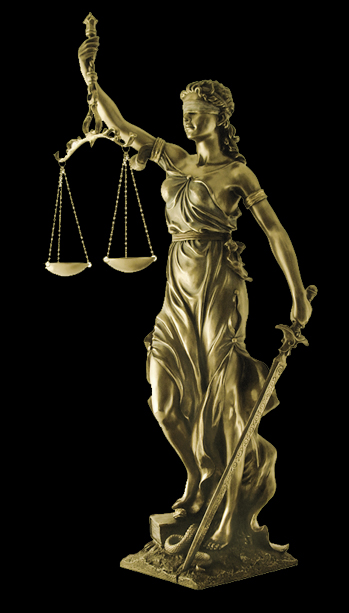Legal Framework
Mauritius is quite unique in the fact that the legal system is said to be a hybrid legal one mainly due to the fact that French and then British governed the country and therefore influenced the way that the country was governed. The subsequent laws of Mauritius contain both elements from the French Code Napoleon and the British common law.
The superior court of Mauritius is the Supreme Court, having unlimited jurisdiction to hear and determine any civil or criminal proceedings under any law other than a disciplinary law and such jurisdiction and powers as may be conferred upon it by the Constitution or any other law. Another particularity of Mauritius lies in the fact that after acceding to the status of republic, it retained the right of appeal to the Judicial Committee of the Privy Council, based in London, which remains the highest appellate court of the country.
Today the legal framework of Mauritius is quite comprehensive, especially with regard to laws encompassing commercial or business activities. Banking financial services are regulated by the Bank of Mauritius, the country’s central bank, while non-banking financial services are regulated by the Financial Services Commission.
The Financial Services Commission (FSC) regulates non-banking financial services and global business activities in the Republic of Mauritius following promulgation of the Financial Services Act 2002. This body ensures that businesses operating in Mauritius are duly licensed and are abiding by laws governing business activity in Mauritius and are compliant to international commitments taken by Mauritius.
Regarding out of court settlement, it is worth highlighting that Mauritius is a signatory of the UNCITRAL Convention on Transparency in Treaty Based Investor- State Arbitration and that the Mauritian International Arbitration Act 2008 was enacted to create a framework and foster arbitral proceedings. Furthermore the Permanent Court of Arbitration headquartered in Hague established a permanent entity outside the Hague. An agreement signed with the London Court of International Arbitration (LCIA) in 2009 led to the creation of the Mauritius International Arbitration Centre (LCIA-MIAC).

Trading in financial products usually involves a risk element. As a general rule, prior to trading in any financial product the client should understand the products and the underlying risks associated with them.
Please be advised that while we endeavour to assist our clients in their best possible interest, we all remain economic agents of the global economy whereby the market regulates itself. This market regulation mechanism remains independent and unpredictable, it may play in favour of clients and their respective positions, or against them. These risks remain similar for all organizations functioning within the sphere of open and market regulated economies.
Copyright © 2017 Croesus Treasury Management Ltd . All Rights Reserved.



